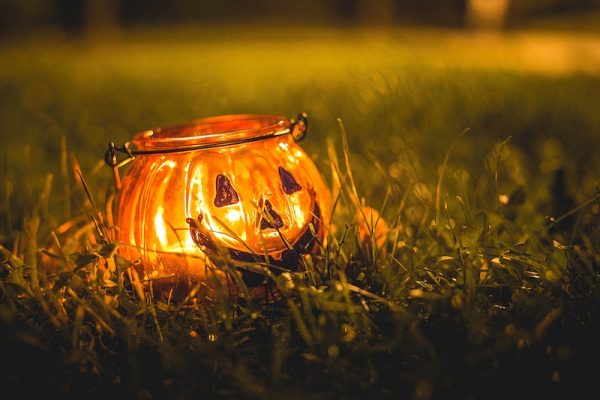Jack-O-lanterns glowing on doorsteps, large pieces of candy being traded, and kids knocking on doors. These are the trademarks of Halloween. Yet, beyond costumes and treats, a more relevant question persists: When does dressing up become “too childish?”
As children grow older, cultural expectations begin to shift. Excitement becomes something to be ashamed of and choosing to dress up comes with a social cost. All of a sudden, participating in Halloween is seen as lame and uncool. This perception, however, contradicts the historical roots and intended purpose of Halloween.
The tradition of All Hallows Eve dates back 2,000 years to the Celtic festival of Samhain. It was created as a time to celebrate the season between the end of harvest season and winter, a period where the dead were said to walk the earth. Over time, as Christianity spread through Europe, Samhain merged with All Hallows’ Eve, the night before All Saints’ Day. The focus on spirits and the afterlife endured, even as the holiday evolved into the more lighthearted form celebrated today.
Despite these somber and adult origins, Halloween in the modern world is known to be inherently childish. Dressing up is only acceptable for children or, on the other side of the spectrum, adults at elaborate or ironically themed parties. Teenagers, lost in the middle of these two district group have shifted to the more adult side of the line, only dressing up ironically for parties.
The stigma against dressing up reflects broader expectations and social norms of teenage life. Without permission to participate in Halloween, teenagers simply do not, and that leads teens who do participate to feel like childish outcasts. It is not an issue of one holiday, but a wide array of social issues among teens as well.
Getting to experience Halloween into the teenage years without judgement might cause more positive effects than seen at first glance. It could lessen bullying and even help self esteem.
Halloween was never designed as a children’s holiday. Its history is rooted in ritual, reflection, and the human desire to make sense of fear and transformation. Reclaiming that meaning can help dismantle the stigma attached to dressing up. If society can accept that, perhaps October 31st can once again belong to everyone.



